The Vintagent Selects: A collection of our favorite films by artists around the world.
HUNTER S. THOMPSON ON OUTLAWS (2015)
Run Time: 5:07
Executive Producer: David Gerlach
Animator: Patrick Smith
Editor: Kevin Palmer
Audio Producer: Amy Drozdowska
FILM MAKERS
Blank on Blank is a production of Quoted Studios – a nonprofit, 501 (c)(3) content studio based in Brooklyn. Quoted is dedicated to using animated journalism to preserve and re-imagine the American interview. Read about the blank on blank production team, watch more episodes, and make a donation on their website.
SUMMARY
“I keep my mouth shut now. I’ve turned into a professional coward.” – Hunter S. Thompson in 1967
As told to Studs Terkel (http://studsterkel.org)
Hear more from this rare interview: http://blankonblank.org/hunter-thompson
In the 1960s, Hunter S. Thompson spent more than a year living and drinking with members of the Hell’s Angels motorcycle club, riding up and down the California coast. What he saw alongside this group of renegades on Harleys, these hairy outlaws who rampaged and faced charges of attempted murder, assault and battery, and destruction of property along the way–all of this became the heart of Thompson’s first book: Hell’s Angels: A Strange and Terrible Saga. Shortly after the book came out, Thompson sat down for a radio interview with the one and only Studs Terkel.
RELATED MEDIA
Please consider making a donation to support the work that they do.
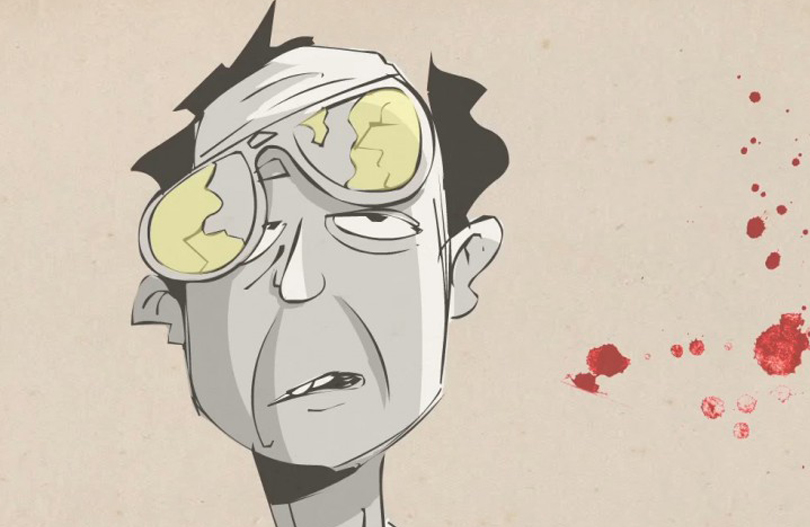
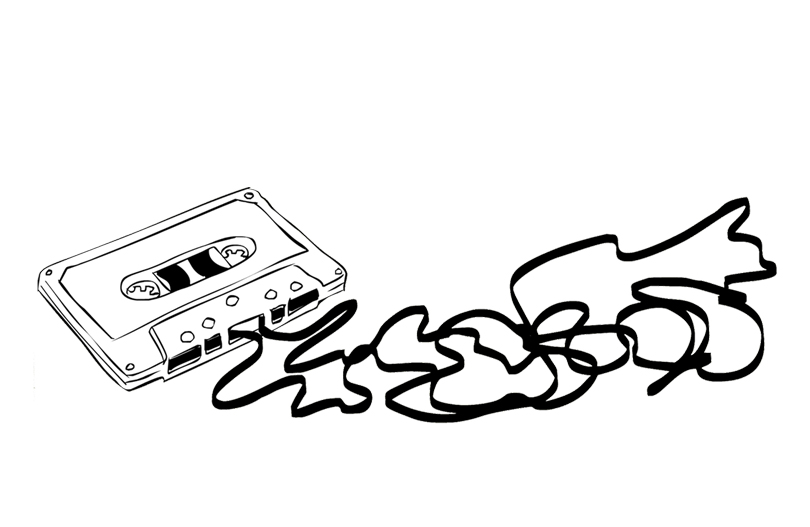

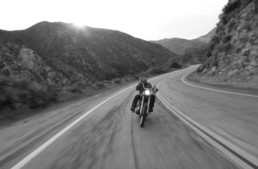
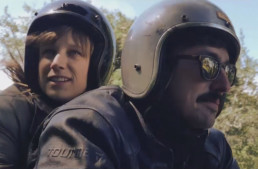
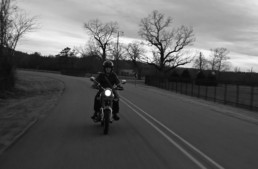
HST – The very epitome of a self destructive pain in the ____ who wreaked havoc in everyone’s life he ever touched and you definitely did not want as a neighbor … but damn do I miss him and damn do we ever need the likes of an HST now more than ever to arise from the complacent pile of twitterfied social media ashes we’ve become 😎
As for the video / animation ? Two huge thumbs up !
i read his book,and in it,there is a certain honesty,like he accepted some responsibility for what finally happened to him; it was a fascinating look inside by an outsider,albeit slightly biased,but no less than the people he was studyng
Hunter S. Thompson’s insights in ‘Hells Angels’ go far deeper than exploring a motorcycle club, and into the mindset of people left behind by technological advances, who know that no one in society has their back. Even in the 1950s there was wide discussion of tech leading to job losses, and questions about how to deal with that for the working-class population.
Thompson nails a particular type of reaction that has only become more widespread 50 years later: a large number of people with low-paying jobs know that politicians do not have their interests at heart, that the techies don’t care about them, and that they have, as the Sex Pistols said, no future, or more accurately, no place laid for them at the techie table of the future. The impact of those feeling left behind on contemporary politics worldwide is undeniable.
What will happen when driverless vehicles displace millions of jobs in the developed world? It’s a fearsome scenario.
Before you start to get all misty-eyed empathetic about these exemplars of motorcycling, see the 1969 Altamont concert footage and note the shit-kicking these raging idiots heaped upon the audience–first during Jefferson Airplane’s daytime show, then after dark when the headlining Rolling Stones arrived. Jagger and Richards have both claimed that taking the Grateful Dead’s advice in hiring the Hell’s Angels as “security” was one of the biggest mistakes in Stones history. The most telling line in the film was a close-up of Jerry Garcia and Phil Lesh arriving by helicopter in the afternoon, and being informed that the Hell’s Angels were already nearly out of control. Garcia’s classic San Francisco reply is something like “The Angels? Are you sure? How can this be?” Clueless.
Even better than the Hell’s Angels book is HST’s “Fear and Loathing on the Campaign Trail 1972.”
All true, but nobody here is misty-eyed about the Angels, nor was HST. His assessment of who they were and what they represented is dead-on, and still relevant today. But, it’s also important to know the Angels had a few years of Beat/Bohemian glory, hanging around with Ken Kesey et al, before proving themselves merely thugs at Altamont. The Angels got much worse under Sonny Barger that same year, beating up anti-war protesters in Berkeley as a political epiphany of where they really stood, which was definitely not Bohemian, but reactionary. From there it was a downhill slide into organized crime. All of which was foreseen by HST in his book, and yes, the themes were expanded on with the Fear and Loathing books.
There is an excellent book about the Altamont incident. “Altamont: The Rolling Stones, the Hells Angels, and the inside story of Rock’s darkest day” by Joel Selvin.
Selvin was the music critic at the Chronicle for years, and definitely had insight into the music scene in the Bay Area…